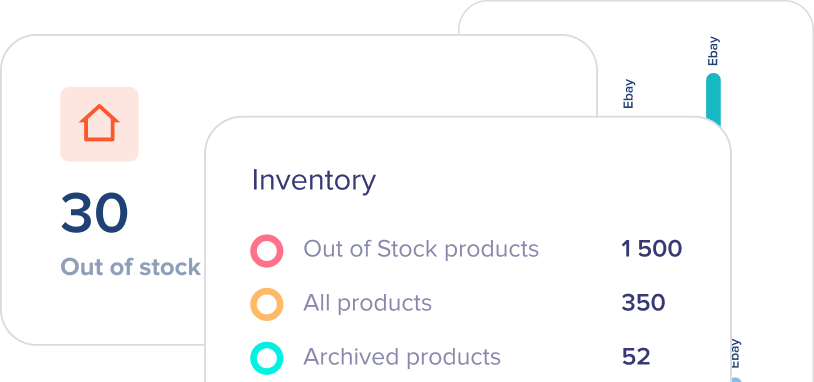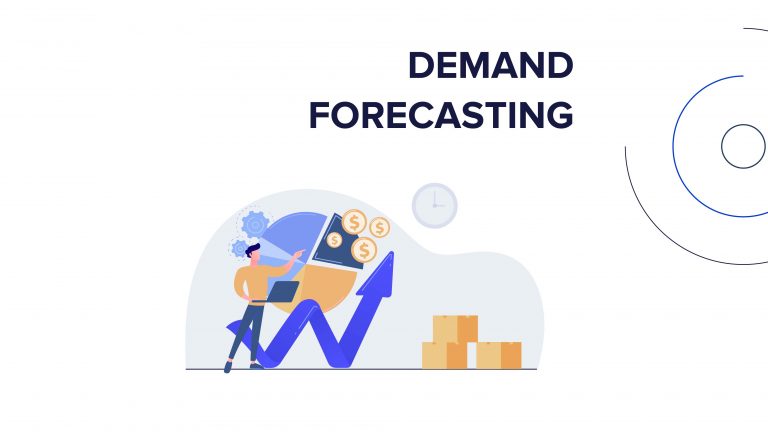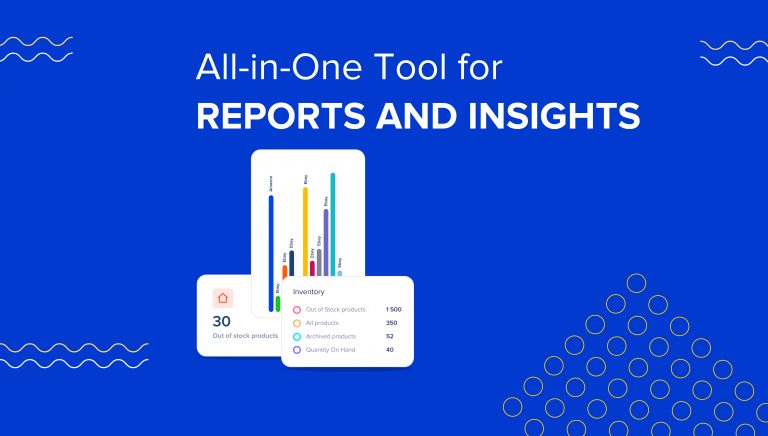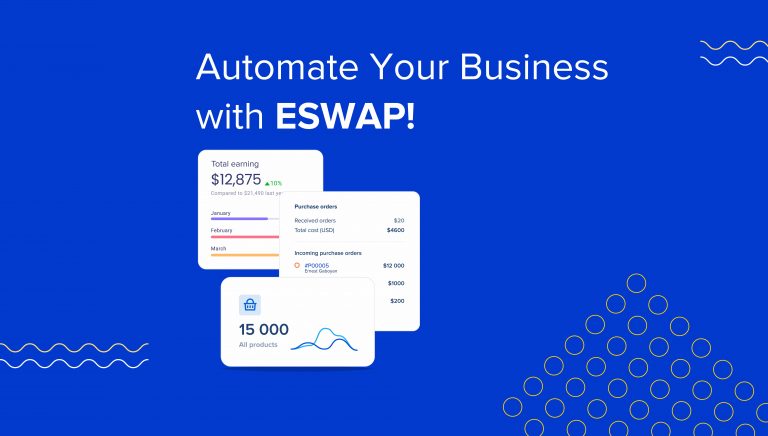Selling products online can be a great way to make some extra money. You don’t need to have your product line, and you don’t need to invest a lot of money into getting started. One popular way to get started selling online is through retail arbitrage. To help you understand the essence of this strategy, today’s research will be dedicated to explaining the phenomenon and covering several aspects of implementing it.

In short, retail arbitrage is finding products at a lower price in one store and then selling them for more money in another store. It can be a great way to make some extra cash, but there are a few things you need to know before getting started.
Is Retail Arbitrage Working?
On the one hand, many people swear by retail arbitrage as a fantastic way to make money. On the other hand, many people have mixed results. So, what’s the verdict?
Well, like anything else, retail arbitrage is not a perfect strategy. But, if you’re willing to put the time and effort into developing a strategy suiting your business’s needs and goals, it can become supplementary to your primary income.
The key to retail arbitrage is finding products in high demand and low supply. If retailers manage to find products that are popular and hard to find, they are likely to sell stuff at a higher price and make a profit.
Another thing to consider is that retail arbitrage practices do not happen every day. It’s not as simple as finding a product and selling it for more money. Sellers planning to give it a try need to research the market to understand consumers’ expectations.
Not everyone is willing to pay for resold items. Thus, it is necessary to develop trust among the people you will be selling to, a.k.a. your target audience. It is possible to build trust among potential buyers by establishing partnerships with suitable suppliers.
The Cons of Retail Arbitrage
Before purchasing cheap and demanded items and reselling them on your online store, keep in mind that there are several underwater stones.
First and foremost, not all products will sell for a higher price online. In fact, selling products in high demand and low supply can be tricky. It’s important to remember that there is a reason these items are hard to find – because not many people are selling them.
This means that if you’re planning to use retail arbitrage as a business model, it’s essential to research what products will become popular among consumers.
The next thing is that it can be time-consuming to find products that meet your retail arbitrage criteria. Taking the time to find products in high demand and low supply can be a full-time job. Sometimes it is even better to invest that time into other money-making ventures. For instance, start selling handcrafted or imported goods not available to other competitors.
Another con to retail arbitrage is the price point you must reach to be profitable. If you’re selling products at a lower price than what you purchased them for, then it’s not really retail arbitrage?

Retail Arbitrage for Beginners
With some research and some hard work, retail arbitrage can become a valuable tool in any online seller’s arsenal. With the right approach, retail arbitrage can be a very profitable venture. Nevertheless, it’s important to remember that there is some risk, and it may not be the right strategy for everyone.
Main Steps
Firstly, before starting to sell stuff, you need to be aware of your competition. If you’re selling a readily available product, it will be challenging to make a profit. Let’s look at the following example:
Suppose you’re selling iPhone cases on Amazon. Chances are competitors selling the same products are purchasing their inventory from such marketplaces as Walmart. Buying 100 iPhone cases for $1 each and then reselling them for $2.50 each will bring an additional $150 to your budget.
The best way to make money in this situation would be to find iPhone cases with a unique design that is not easily available.
On the other hand, if you’re selling a product that is hard to find, you will have lower competition and can charge a higher price. For example, the same iPhone cases could be sold for $15 each if there were hard-to-find designs, colors, or other handmade patterns on them. In this case, the seller would make a profit of $1400. That’s a pretty impressive difference, isn’t it?
Secondly, do your research! Find out what people want and how much they’re willing to pay for it. If you identify what people are looking for, you can resell these items at a higher price. However, the previously mentioned precautions are still essential to take into account.
Thirdly, retail arbitrage is not limited to products sold in physical stores. ECommerce platforms offer an excellent opportunity to find unique items at a low price and then resell them for a higher price. You can also retail arbitrage through online marketplaces such as eBay and Amazon. In the coming chapter you will find everything about retail arbitrage via Amazon.
What Is Retail Arbitrage Amazon?
Retail arbitrage on Amazon is finding products that can be sold for a higher price on Amazon. The merchant searches for products they would like to sell and locates them at a lower cost from a retail store or online marketplace. The next step is listing the products for sale on Amazon at a higher price to make a profit.
Proceeding to the main pros of reselling stuff on Amazon, let’s not neglect the following steps:
- Create an Amazon seller account to be able to list your products and run advertisements.
- Search for products to sell on Amazon. You can search by product category, keyword, or ASIN (the unique identifier for every product on Amazon).
- Simultaneously, look through the bestselling products in your category and determine how you can undercut the prices of those products.
- List your products for sale on Amazon. Don’t lower the bar too much, as you should earn money even when your goods are sold at reduced prices. This implies that you should also calculate the gain and loss during seasonal sales when deciding on the initial cost.
- Check your product listing regularly to ensure that it is optimized for search engines and that customers can find it easily.
- Monitor your inventory levels and sales to ensure that you are selling enough products to cover the cost of acquiring them. This can be done via innovative solutions such as inventory management software.
Bottom Lines on The Topic
Once again covering the benefits of retail arbitrage, it’s necessary to answer one of the most frequently asked questions on web, i.e. “is retail arbitrage legal?” Yes, retail arbitrage is a popular practice across major online marketplaces and it is completely legal to resell items online. Check the linked material to get acquainted with legal issues in retail arbitrage.







